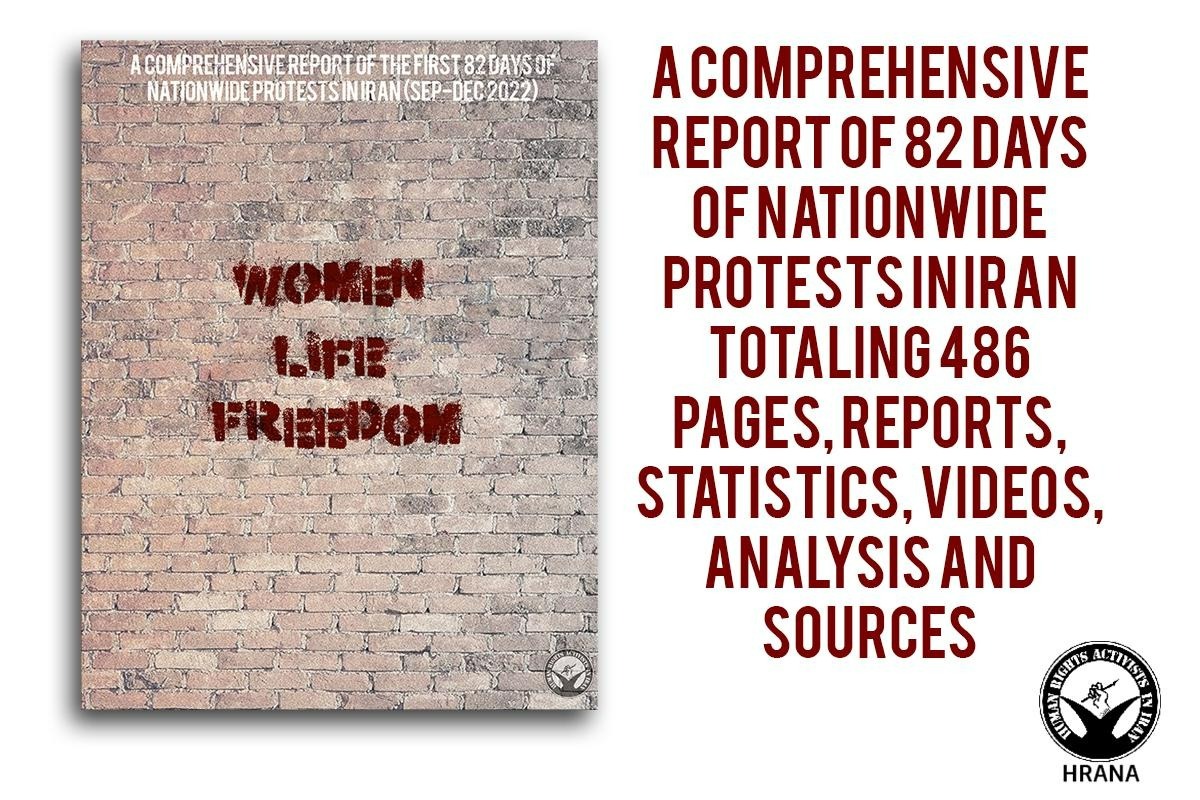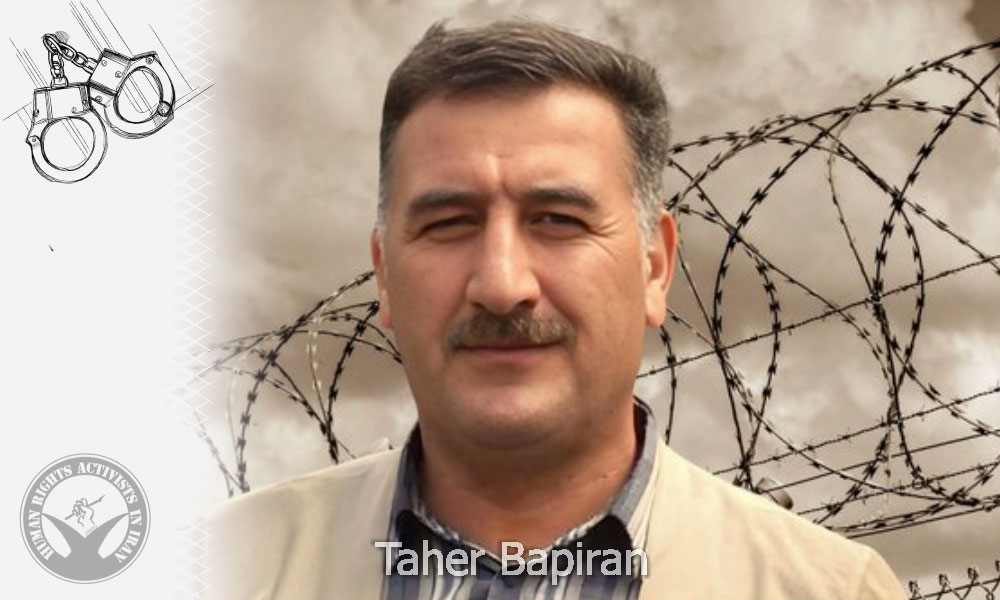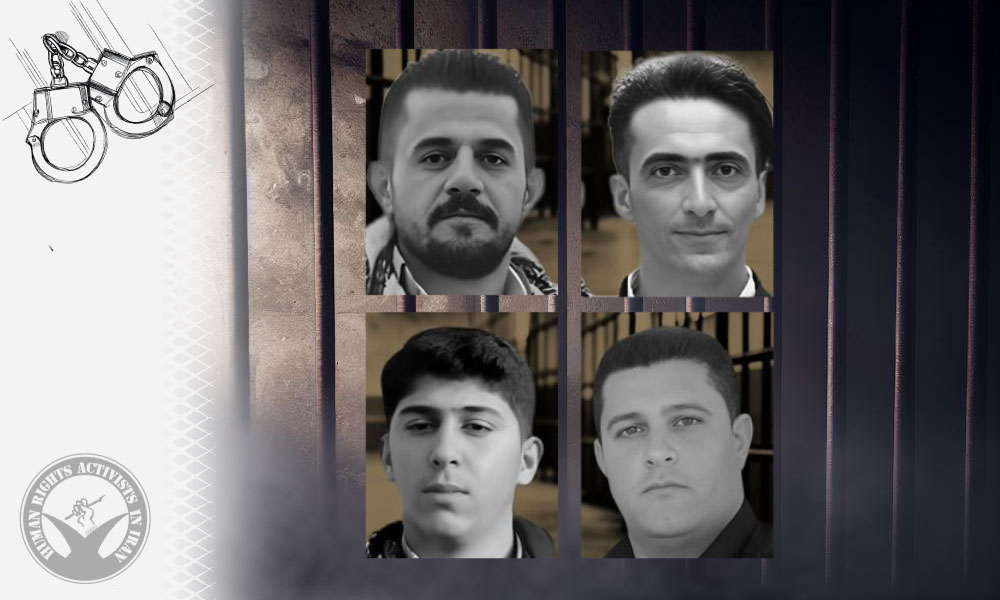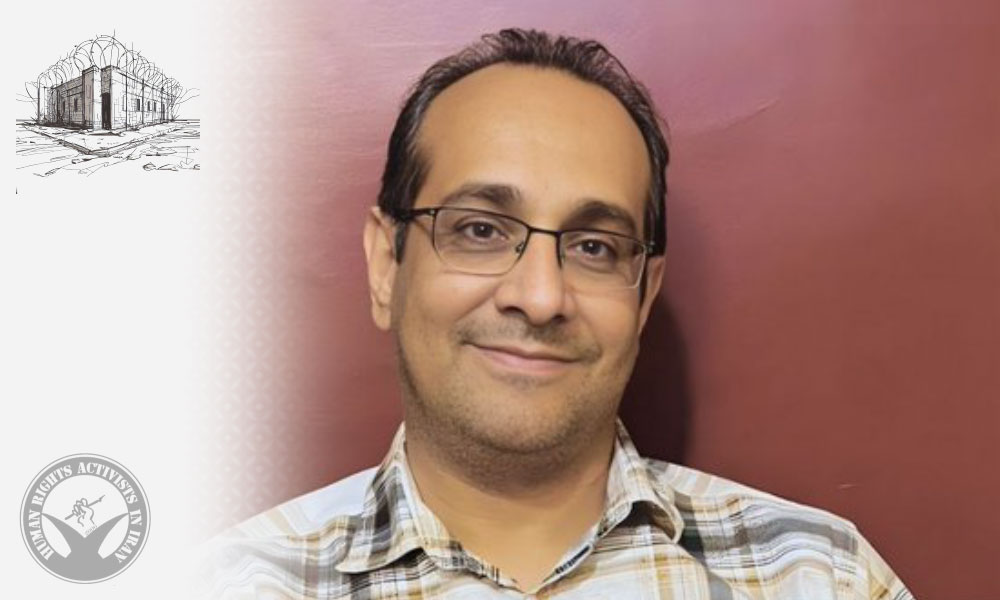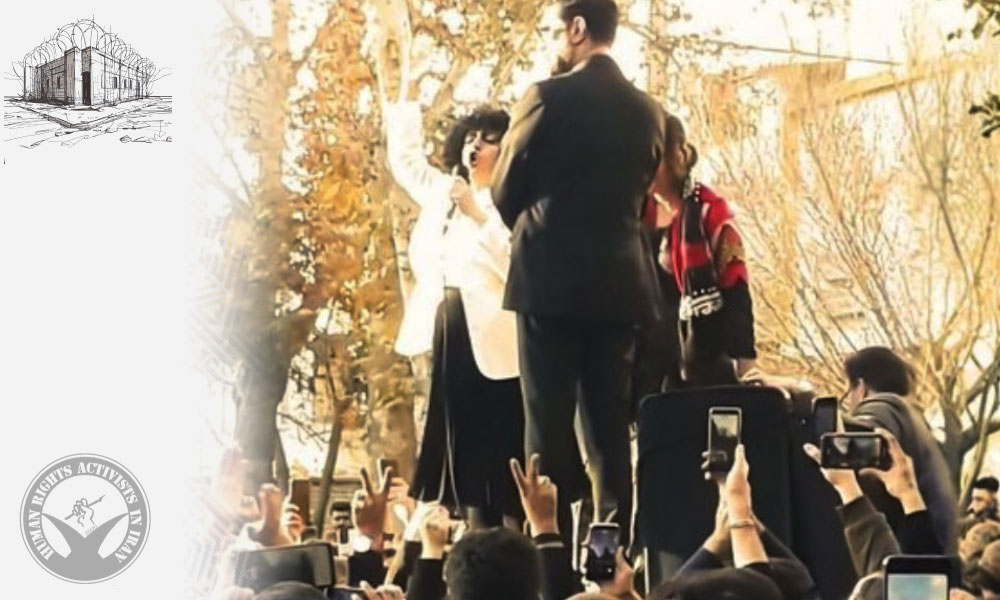Human Rights Organizations and Figures
International human rights organizations reacted to Mahsa (Zhina) Amini’s death. In this regard, we can refer to the statements of Amnesty International. The international organization described Mahsa Amini’s death as a suspicious death and that “all agents and responsible officials” in this case should be brought to justice. In a petition, Amnesty International asked the United Nations to investigate the recent events in Iran, which are among the “most serious crimes” under international law, and utilize urgent action using the independent mechanism of the United Nations with the aim of forcing the Islamic Republic to hold accountable.
Human Rights Activists (in Iran), accompanied by 161 international and regional human rights organizations and women’s rights defenders, announced their solidarity with the protesters in Iran by publishing a statement. Before that, Human Rights Activists (in Iran) and 12 other human rights organizations issued another statement calling for the international community’s intervention to counter the oppression of women and protesters by the Iranian government. Also, Human Rights Activists (in Iran) with 19 human rights organizations, in a letter addressed to the President of the United States, Joe Biden, asked him to fulfill his promise to confront authoritarian and repression in Iran.
Furthermore, the Association for the Protection of Children’s Rights issued a statement calling for an immediate end to any violence against children and declared its readiness to negotiate with the judicial authorities for the release of the arrested children.
In this regard, the United Nations High Commissioner for Human Rights profoundly expressed worry regarding the reports of the killing and detention of children during the protests in Iran. Ravina Shamdasani pointed out that “Under human rights treaties accepted by Iran, the Islamic Republic has an obligation to protect children’s right to life under any circumstances, and to respect and protect their right to freedom of expression and peaceful protest.” The United Nations Children’s Fund (UNICEF) also criticized government violence against children in Iran, calling for an end to all types of abuse directed at children. “UNICEF also remains deeply concerned about continued raids and searches conducted in some schools. Schools must always be safe places for children,” highlighted the international body.
On the other hand, Javaid Rehman, Special Rapporteur on the situation of human rights in Iran, condemned the compulsory hijab law in Iran “in the strongest tone.” Prior to that, Mr. Rehman considered the compulsory hijab as a sign of widespread violation of human rights in Iran and demanded the adoption of resolutions by the United Nations Human Rights Council condemning the mandatory hijab in Iran. Forty days after the death of Mahsa (Zhina) Amini, Javaid Rehman presented a report on the situation in Iran to the United Nations General Assembly. In a part of his report, he addressed the massive wave of nationwide protests with the participation of various social classes and groups following the death of Mahsa Amini.
The UN special rapporteur on human rights in Iran, referring to the death toll in nationwide protests, said: “Since the first days of the protests, top State officials had instructed security forces to violently repress people at any cost to human life. At no point did the Iranian authorities show any genuine willingness to engage in any discussion with demonstrators. Anyone taking part in the protests was quickly labelled as an “enemy to confront”, or a “terrorist,” and both the head of the judiciary and the President emphasized the need to act “without leniency” against protesters.” Mr. Rehman pointed out that “the government [of Iran] refuted the killings of children by security forces, claiming that they committed suicide.”
Linda Thomas-Greenfield, the American ambassador to the United Nations, after meeting with Javaid Rehman, said that she supports him for an independent investigation to identify the perpetrators of government violence against protesters in Iran.
In addition, acting UN High Commissioner for Human Rights Nada Al-Nashif expressed alarm at the death in custody of Mahsa Amini and the violent response by security forces to ensuing protests. And, UN Secretary-General Antonio Guterres called for an impartial and effective investigation of the death of 22-year-old Mahsa Amini. “We are increasingly concerned about reports of rising fatalities, including women and children, related to the protests,” his spokesman Stephane Dujarric said in a statement.
Reporters without Borders also published an article stating that the country’s authorities have prevented the news coverage of widespread protests following Mahsa Amini’s death.
On the other hand, a group of United Nations experts called on the Iranian authorities to stop using the death penalty as a method of suppressing protests.
More than 600 Iranian and international human rights lawyers and prominent figures in a letter to the UN Secretary-General demanded that “an independent committee and an extraordinary meeting of the Human Rights Council on Iran be formed as a matter of urgency.”
Furthermore, in an open letter, a group of women leaders in business, politics, and the arts from over 14 countries called for the immediate expulsion of the Islamic Republic from the UN Commission on the Status of Women (CSW).
During the UN Human Rights Council’s 35th Special Session, the International Federation of Human Rights (FIDH) delivered an oral statement to demand the establishment of an independent international fact-finding mission to investigate the death of Mahsa Amini and the serious human rights violations committed by the Iranian authorities against protesters.
Tedros Adhanom Ghebreyesus, the head of the World Health Organization also expressed concern about the high number of fatalities and injuries to protesters and other civilians in Iran and wrote (in a Tweet) that “It’s essential that unfettered access to health care is provided to those in need”.
Last but not the least, Narges Mohammadi, the imprisoned human rights activist, wrote a letter to the head of the United Nations Human Rights Council. She stated that the people of Iran want “democracy and freedom” and said: “I would say about today, about killing women. They kill women, but claiming that they committed suicide. They kill children, but claiming we did not do that”.



